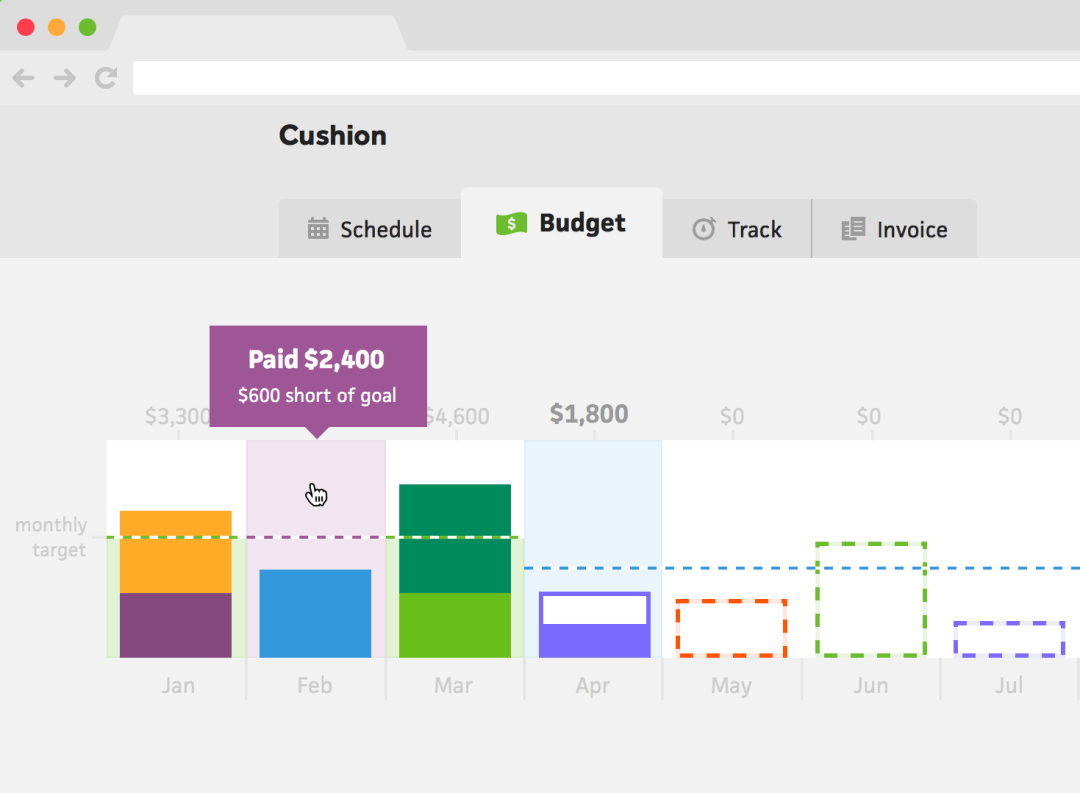Lessons from a Year of Freelance
Towards the end of last year I found myself overwhelmed with anxiety and, to be quite honest, dejection about the type of work I was doing. I knew I needed a change so I decided to quit my job with no real plan for what was to come next. A little preparation with finances to give myself a bit of a runway and I was ready to greet the world of freelance.
If you find yourself in a similar position hopefully you can find something useful in this article.
Community
The people around me were the driving force behind all the work I got this year. Some of these people I've know for a long time, some were new friends that I made through attending events, being active on Twitter, joining new Slack communities, and working on small side-projects. I can't stress how important it is to get out there and make acquaintances/friends.
What I've found is people will pass on work to those they trust when they're too busy.
"I'm booked up for the next two months but I know someone who can help!"
My advice here is get to know your community. If your thinking about going freelance in the future it's important to be proactive about this. Also, make sure you deliver good work. If someone recommends you their reputation is on the line as well as yours.
Money
One thing I didn't expect this year was to earn more money working independently than I did in full-time employment.
Money is important to any small business. Keeping your finances in check and planning accordingly is vital to keeping your books balanced. It's also important to expense as much as you can against your taxes—a good accountant can help with this.
There's a lot of great software to help with finances and scheduling as a freelancer. FreeAgent is wonderful for keeping track of invoices, expenses, and taxes (you can even pay your taxes directly in FreeAgent), Cushion for planning out your projects and making sure you have work lined up, Harvest for time-tracking. They all integrate nicely with each other too, which is nice.

As far as contracts go, I prefer signing long-term ones. Everyone is different but I found this the best way to really get involved with a team/project. 4 month contracts suited me pretty well and if you're interested in what my contract looks like you can find it here.
Finally, don't undervalue yourself and make sure you get paid on time. Your clients need to understand this from the get go, adding late fees to your contract is a good way to make sure you get paid punctually.
Things Go Wrong
Sometimes things don't go the way you want them to. I've been fortunate enough to avoid this for the most part but two pieces of invaluable advice I got early on was; it's OK to say no and also to walk away.
I made sure the latter was in my contract and the former was something I learned over time about the type of work I wanted to do.
"If either party wish to terminate the contract, a grace period of 14 days must be given."
What I would say here is, make sure your business account is healthy before your personal account. Early on, maybe pay yourself a small salary and save any additional money you get so you have some security if things do go wrong.
Some Rules
I may have mentioned these in passing but I wanted to highlight a few extra rules to close:
- It's OK to say no
- Keeping your clients happy will lead to more work
- Everything you do online is part of your brand
- Keep active; write, build, and share your work
- You're a one person show now; learn about sales, marketing, content strategy, communication, and scheduling
- Don't get discouraged, the work will come
- Work on side-projects in your downtime, this can lead to the type of work you want
- I'm sorry: but maybe that LinkedIn account is a good idea
- Expect the feeling of risk to never go away